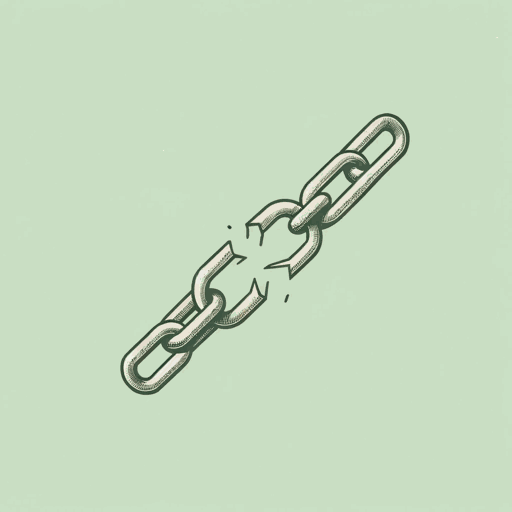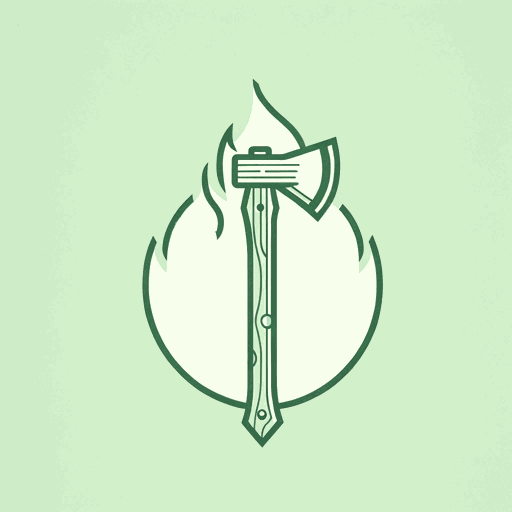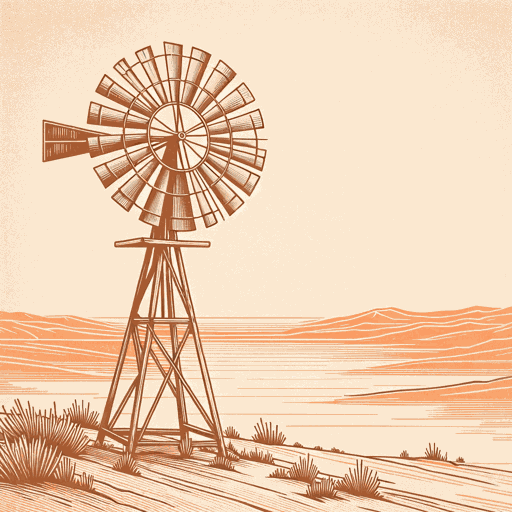59 pages • 1 hour read
Timothy EganThe Worst Hard Time
Nonfiction | Book | Adult | Published in 2005A modern alternative to SparkNotes and CliffsNotes, SuperSummary offers high-quality Study Guides with detailed chapter summaries and analysis of major themes, characters, and more.
Important Quotes
“The people who live here now, the ones who never left, are still trying to make sense of why the earth turned on them. Much as they love this place, their doubts run deep. Was it a mistake to hang on? Will they be the last generation to inhabit the southern plains? And some feel deep shame–for the land's failure, and their part in it.”
(Introduction, Page 2)
This quote asks questions many post Dust-Bowl-era survivors wrestled with after the 1930s were over. First, many survivors didn't understand why they were continually plagued with constant environmental disasters. When they would recover from a duster, they might then have to organize a rabbit drive within days. In Chapter 5, Egan shows how Dee and Carlie Lucas fall to their knees crying in front of their children as they watch a year’s work destroyed within minutes, not by a duster, but by a hail storm. Bam White, too, survives the worst duster on record (Black Sunday), but it’s the infestation of grasshoppers that finally brings his land to ruins and forces him to go on government relief.
"It was a lost world then; it is a lost world now. The government treats it like throwaway land, the place where Indians were betrayed, where Japanese Americans were force into internment camps during World War II, where German POWS were imprisoned. The only growth industries now are pigs and prisons. Over the last half-century, towns have collapsed, and entire counties have been all but abandoned to the old and the dying. Hurricanes that buried city blocks farther south, tornadoes that knocked down everything in their paths, grassfires that burned from one horizon to the other–all have come and gone through the […] Plains."
(Introduction, Page 10)
This quote introduces a theme that Egan weaves throughout the book: that the High Plains is often uncared for, and viewed as a dumping ground. Egan begins the thread in Chapter One, by calling the American cowboy's dream ranch unloved. Egan shows how the land was strictly a cash cow for foreign investors, and foreign investors insist on hiring real estate promotors to farm it out. The land’s neglect is also described through the suitcase farmers, who drop in some seedlings and then abandon the land until it produces.
Related Titles
By Timothy Egan

A Fever in the Heartland: The Ku Klux Klan's Plot to Take Over America, and the Woman Who Stopped Them
Timothy Egan

Short Nights of the Shadow Catcher
Timothy Egan

The Big Burn: Teddy Roosevelt and the Fire that Saved America
Timothy Egan

The Immortal Irishman
Timothy Egan

